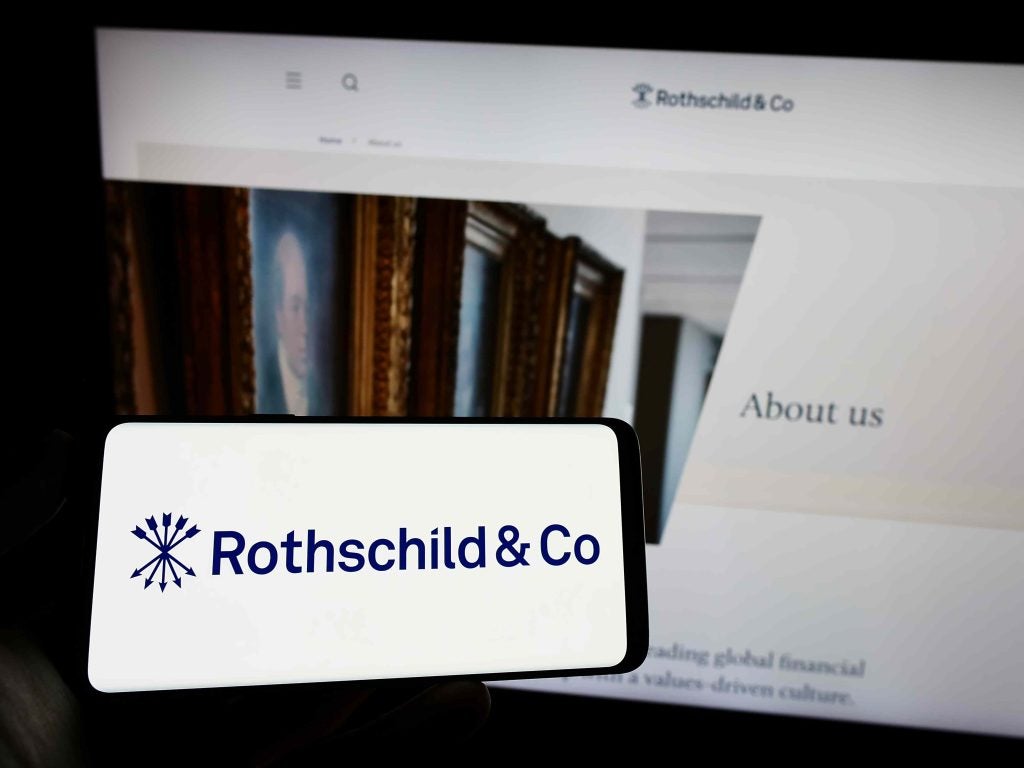The future of the wealth management industry will be shaped by a range of disruptive themes, with artificial intelligence (AI) being one of the themes that will have a significant impact on wealth management companies. A detailed analysis of the theme, insights into the leading companies, and their thematic and valuation scorecards are included in GlobalData’s thematic research report,Artificial Intelligence (AI) in Banking – Thematic Research. Buy the report here.
AI refers to software-based systems that use data inputs to make decisions on their own. In banking, AI use cases range from enhancing client interactions through chatbots; to providing better loan terms through data-driven risk assessments; and the automation of laborious back-end processes. Banks can realise the benefits of AI in cost savings, quality improvements, an expansion of their services, and increased personalisation in these product offerings.
There has never been a more important time for banks to invest in AI. With threats to the industry coming from both disruptive fintechs and the Covid-19 pandemic, which uprooted traditional branch-based banking, banks must be proactive in adapting their strategies and processes to remain competitive and desirable to consumers. Fintechs have changed consumer expectations, putting more pressure on banks to offer a better user experience. This comes at a time when 0% interest rates are already challenging retail banks’ core business.
However, not all companies are equal when it comes to their capabilities and investments in the key themes that matter most to their industry. Understanding how companies are positioned and ranked in the most important themes can be a key leading indicator of their future earnings potential and relative competitive position.
According to GlobalData’s thematic research report, AI in Banking, leading adopters include: DBS, UBS, HSBC, RBC, Charles Schwab, Morgan Stanley, WealthSimple, Betterment, BlackRock, and SoFi.
Insights from top ranked companies
DBS
DBS Bank is a Singaporean bank and financial services firm with a focus on digital banking. The bank uses AI to offer personalised offers and services to clients, in what it calls ‘intelligent banking’. This includes analysing vast troves of data and offering proposals to clients that may have otherwise not been identified. DBS Bank’s iWealth wealth management app recommends stocks in specific sectors based on customers’ portfolios. Furthermore, the bank has been using AI and ML to detect anomalous transactions on customer accounts, this ensures that fraud is combatted, cybersecurity is robust, and AML concerns are well addressed.
HSBC has not been as innovative as its digital counterparts when it comes to AI adoption. However, it has still shown initiative in some areas. In 2018, HSBC launched its Global Social Network Analytics platform, which uses big data to tackle financial crimes such as money laundering and terrorist financing. The bank also uses an AI pricing chatbot forex options and keeps all its ATMs stocked through an AI-based system. The most innovative application of AI yet seen from HSBC has been the experimentation with an in-branch robot, developed in partnership with SoftBank Robotics. The robot, called Pepper, uses data intelligence to perform over 300 different actions, including opening accounts and credit card applications. Pepper uses NLP to understand multiple languages and can even basic human emotions and adapt its behaviour accordingly.
To further understand the key themes and technologies disrupting the wealth management industry, access GlobalData’s latest thematic research report on AI in Banking.
- T Rowe Price
- Scalable Capital
- Moneyfarm
- Bank of America
- SigFig
- Empower Retirement
- Acorns
- JPMorgan Chase
- Goldman Sachs
- Vanguard
- Stashaway
- Robinhood
- Magnum Research
- Fidelity
- Wells Fargo
- OCBC
- Societe Generale
- UOB
- TrueWealth
- BNY Mellon
- St. James's Place
- Lombard Odier
- Bank of Montreal
- Santander Group
- ABN AMRO
- Citigroup
- Raymond James
- Julius Baer
- Vontobel
- UBP
Data Insights
From

The gold standard of business intelligence.
Blending expert knowledge with cutting-edge technology, GlobalData’s unrivalled proprietary data will enable you to decode what’s happening in your market. You can make better informed decisions and gain a future-proof advantage over your competitors.









